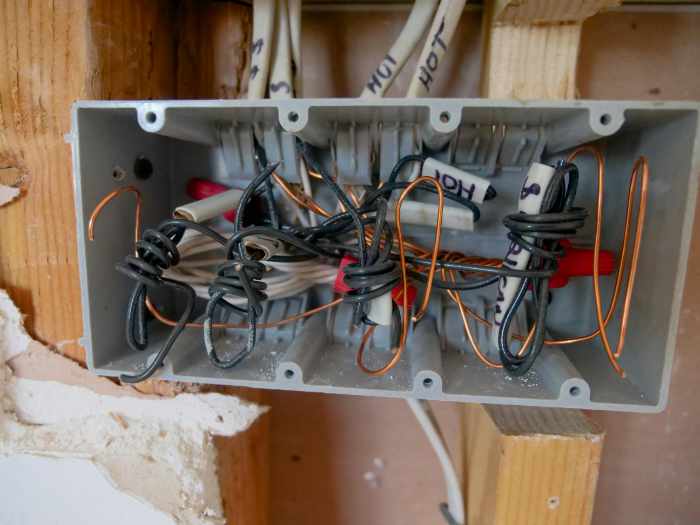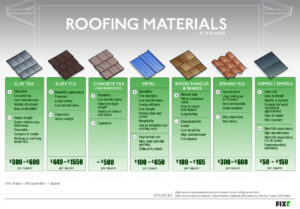Electrical fires are a leading cause of home damage, often resulting in severe property loss, injuries, or even fatalities. By recognizing and addressing common electrical hazards, homeowners can significantly reduce the risk of house fires. Below are some of the top electrical dangers that may contribute to home fires and how to prevent them.

9 Common Electrical Hazards
1. Faulty Wiring
First on our list of common electrical hazards is faulty wiring. Old, damaged, or improperly installed wiring is one of the primary causes of electrical fires. Homes with outdated wiring, often built before modern safety standards, are especially at risk. Signs of faulty wiring include flickering lights, frequent power outages, or tripped circuit breakers. If these issues occur regularly, it’s crucial to have your home’s wiring inspected.
Prevention Tip: Schedule regular electrical inspections, especially if your home is over 30 years old. Upgrading your wiring to meet modern safety codes can prevent potential hazards.
2. Overloaded Circuits
Plugging too many devices into a single outlet or using power strips for high-wattage appliances can overload circuits, causing them to overheat and possibly start a fire. This is especially common during holidays when lights and decorations are often plugged into power strips.
Prevention Tip: Avoid using extension cords and power strips as a long-term solution. Distribute the electrical load evenly and consider adding additional circuits if your household’s needs exceed your system’s capacity.
3. Misuse of Electrical Appliances
Using appliances with damaged cords or plugs, or placing them near flammable materials, can create fire hazards. For example, space heaters or kitchen appliances placed too close to curtains or other combustible items can easily ignite a fire.
Prevention Tip: Inspect appliances regularly, replacing any that show signs of wear. Always give high-heat appliances like space heaters and stoves enough space from flammable materials.
4. Space Heaters
While convenient, space heaters are notorious for causing house fires. Many of these devices lack safety features like automatic shut-offs, and users may inadvertently place them too close to bedding, curtains, or other flammable materials.
Prevention Tip: Choose space heaters with built-in safety features, such as tip-over protection. Always keep heaters in open spaces, and turn them off before leaving the room or going to sleep.
5. Outdated Electrical Panels
Older electrical panels may not be equipped to handle the electrical demands of today’s modern appliances. Outdated panels, especially fuse boxes or older circuit breakers, can fail to trip during overloads, increasing the risk of fire.
Prevention Tip: If your home has an outdated electrical panel, consider upgrading it to a modern system. Modern breakers are designed to cut power during overloads, preventing fires.
6. Incorrect Light Bulbs
Using a higher wattage light bulb than a fixture can safely handle can cause overheating and lead to fires. Similarly, placing combustible materials, such as cloth or paper, too close to light bulbs poses a fire risk.
Prevention Tip: Always check the recommended wattage for each fixture and use the correct bulb. Ensure there is enough clearance around light sources to avoid overheating.
7. Improper Use of Extension Cords
Extension cords are designed for temporary use but are often used as permanent fixes, especially in homes with limited outlets. Over time, they can become damaged or overloaded, increasing the risk of fire.
Prevention Tip: Use extension cords sparingly and never overload them. If your home lacks sufficient outlets, consider hiring a licensed electrician to install more.
8. Unprotected Outlets
Outlets that aren’t properly grounded or protected can create fire hazards, especially in homes with children. Objects inserted into exposed outlets can cause sparks, leading to potential fires.
Prevention Tip: Make sure all outlets are grounded and protected. Use childproof outlet covers if young children are present in the home.
9. Defective Products
Sometimes electrical fires are caused by defective or recalled products. Appliances with known issues can overheat, spark, or cause short circuits that lead to fires.
Prevention Tip: Stay updated on product recalls, especially for household appliances. If an item is recalled, stop using it immediately and follow manufacturer guidelines for returns or repairs.
Seek Legal Help If Necessary
In the unfortunate event that an electrical fire occurs or spreads, causing significant damage or injury, understanding your legal options is important. In such cases, seeking the assistance of a specialized attorney such as an Airport Fire lawyer is crucial.
Be Proactive
Preventing house fires starts with identifying common electrical hazards and addressing them proactively. By regularly inspecting wiring, using appliances safely, and ensuring your home’s electrical system is up-to-date, you can significantly reduce the risk of a dangerous electrical fire.



